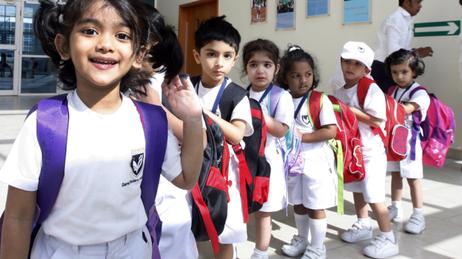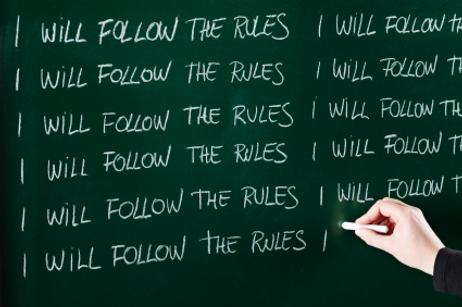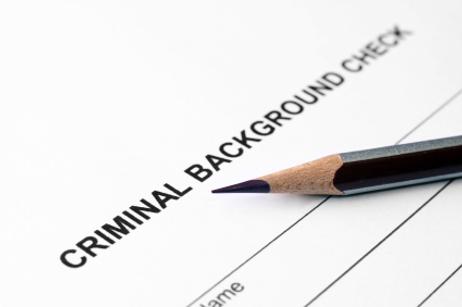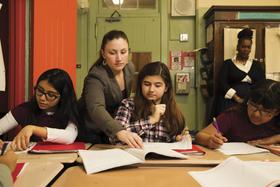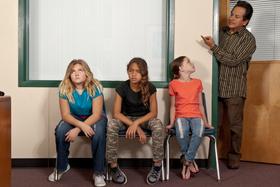How well do politics and education mix? From New York to California, residents across the country are concerned that their public schools are being taken over by local mayors. Most controversially, New York City's Mayor Michael R. Bloomberg has been confronted by loud opponents, with protesters arguing that Bloomberg is overstepping his boundaries in making major changes in the city's local schools. However, Bloomberg is not the only mayor under the spotlight.
This video looks at the issue of control in our schools.
The Recent Battle: Do Mayors Have Too Much Control?
As the New York Times reveals, there has been an "increasingly acrimonious battle over mayoral control of New York City's public schools." According to reports, Bloomberg took control from the "fractious Board of Eduction" in 2002 to make needed changes to help improve the public schools' test scores and graduation rates. While Bloomberg's intentions seem to have been noble, opponents argue that one mayor alone cannot have such authority and control over 1,500 schools and 1.1 million students. Although the mayoral oversight plan officially expired on June 30th, Bloomberg still retains the ultimate control over the schools.
As a result, 10 democratic senators held a news conference in July, demanding that Bloomberg make concessions before attempting to enforce any additional educational reforms. The conference became increasingly tense as some of the senators labeled Bloomberg as a "dictator," stating



